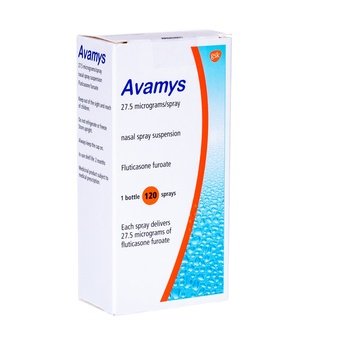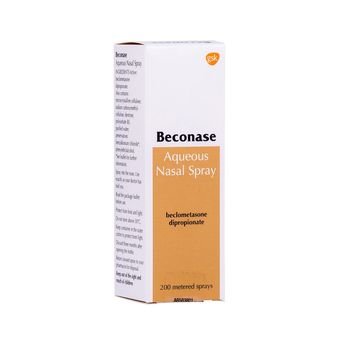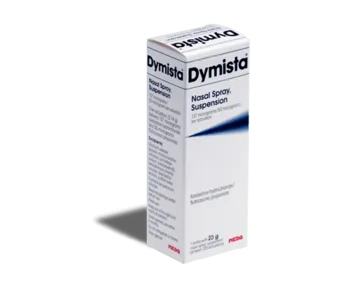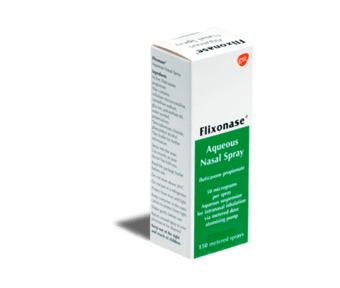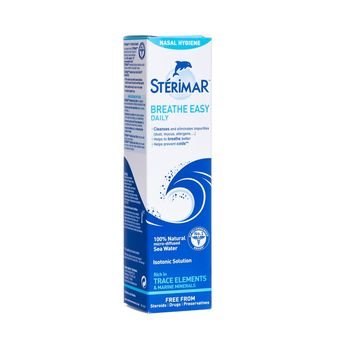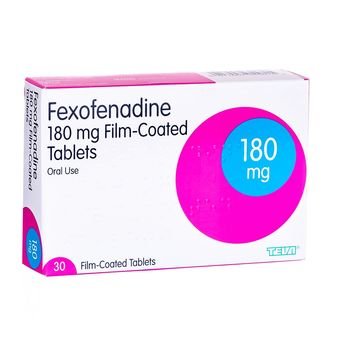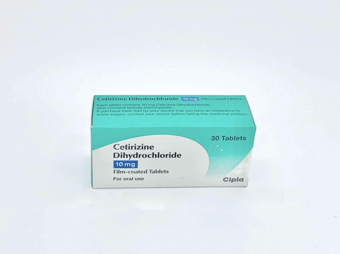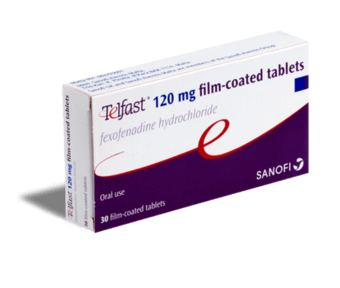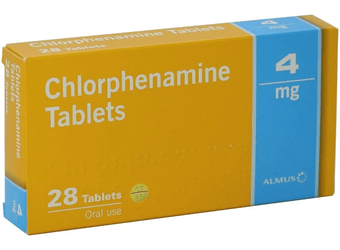Allergy And Hay Fever Treatment

More information
Introduction
Hay fever, otherwise known as Allergic Rhinitis, is a common allergy that many of us experience here in the UK. Although there is currently no cure for this reaction, there are ways in which you can treat it, which we will discuss below.
Below we answer the question ‘what is hay fever?’, its causes, and how to treat it.
Treatments
More information
Once an online consultation has been been approved by our medical team, our pharmacy will safely prepare and ship your treatment to you in discreet packaging using Royal Mail or DPD.
What Is Hay Fever?
Allergic rhinitis, commonly known as hay fever, is an allergic reaction to pollen. Hay fever is a common condition that affects roughly 20% of people in the UK. You can get hay fever at any age, but in most cases, it starts when a person is young. In some instances, people of older age can develop it without having suffered from the condition at a younger age.
Some of the common symptoms include itchy eyes, runny nose, itchy ear and throat, tiredness, and wheezing. Luckily, there are a few ways to treat hay fever to help relieve you of any symptoms that may be causing your discomfort.
You will most likely exhibit the aforementioned symptoms during most allergic reactions to animal fur, washing powder, make-up, etc. These types of reactions are driven by the overproduction of a chemical in the body called ‘histamine’.
Histamine is produced in cells known as mast cells. Mast cells hold onto the histamine and will only release histamine to regulate certain responses in the body, however during allergic reactions, the body sends a signal to mast cells when you are exposed to whatever it is you are allergic to, to release high levels of histamine. Histamine then causes the reactions mentioned (runny nose, itchy eyes, etc..).
What Causes Hay Fever?
Hay Fever is caused by the body being over sensitive to pollen. The pollen, which is at its highest levels during the summer, triggers the mast cells to release histamine in the body leading to the symptoms associated with hayfever.
Some people can tolerate certain types of pollen and are intolerant only to certain strains, this can be identified by carrying out patch tests. The majority of people in the UK (around 90%) are allergic to grass pollen, which is very hard to avoid during the summer due to it being grass-cutting season. Other types of pollen are tree pollen and weed pollen.
It is not very clear as to why people are allergic to pollen, whilst other people are not. There are some risk factors that might make the immune system more likely to exert its effects by causing mast cells to release histamine. Some risk factors are family history, asthma, and lack of exposure to the outdoors as a child.
When Is Hay Fever Season?
The Hay-fever season tends to start in the spring and carries through to summer. Grass pollen is said to be the most common allergen and is most prevalent from May through to July.
However, both tree and weed pollens can also spark a hay fever reaction, and this can start anywhere from February and lead up until September. It can affect both adults and children, with most people spending the spring and summer months trying to battle hay fever symptoms.
Hay Fever Symptoms
Unfortunately, when it comes to hay fever there can be several symptoms. Some of these symptoms may last longer than others, and it can be a difficult time of the year for individuals who have conditions like asthma and COPD. Below we discuss these symptoms in greater detail:
Watering eyes: Hay-fever can cause a lot of discomfort in your eyes. When pollen or dust lands in your eyes, it can lead to them feeling irritated. Your eyes can water, feel itchy and go red as a result of the reaction. Sometimes an individual's eyes can also swell. Often referred to as hay-fever eyes
Rash: You may be surprised to know that hay fever can also cause blotchy patches and hives on your skin. When an individual comes into contact with pollen or dust, they can develop a red rash. These itchy patches can cause discomfort and sometimes even encourage the skin to swell slightly.
Headaches: It is likely that your hay fever has blocked or inflamed your nose. Because this affects your sinuses, you can experience headaches as a result. Hay-fever headaches can often feel like a pain in your face as well as in your head. Sometimes it can cause pain in your cheek which expands to your teeth and jaw.
Tiredness: When suffering from hay fever through the spring and summer months, it can be challenging to get a good night's sleep, and as a result, many experience feelings of tiredness. The allergic reaction itself can also release chemicals that cause you to feel tired.
Blocked Nose: As previously mentioned, hay fever can give many people a blocked nose. Nasal sprays are often a great way to treat this and help you open up your airways.
Temperature: Some people may experience a temperature when going through a bad case of hay fever. However, if your temperature does soar to a concerning height, then it is strongly advised that you consult with your doctor as it could be another illness.
Wheezing: Hay-fever affects your nose and your sinuses. Because of this, constant sneezing, coughing, and congestion can lead to tightness in your chest. This can then cause you to wheeze and experience shortness of breath.
Can You Develop Hay Fever?
If you haven't experienced hay fever early in life, then this does not mean you won’t experience it in later life. In fact, anyone at any age can develop hay fever.
Commonly, individuals have it from a young age, but this isn't the case for everyone. If your family has a history of allergies, then you may be likely to get it at some point in your life too.
Hay Fever in Winter
If you are allergic to pollen, you can relax a bit more in the colder winter months. However, those that are allergic to dust and other irritable particles may not be so lucky.
Due to spending more time inside in the winter, those who are allergic to dust may actually notice their symptoms more. Dust mites, mould, and animals are just some of the triggers which can cause you to have a runny nose, itchy eyes, and you may even experience a cough.
It can be a sensible idea to try and identify your triggers and take the necessary precautions to avoid them.
Hay-Fever Vs. Cold
It can be hard to differentiate between a cold and hay fever as both share similar symptoms. However, hay fever usually lasts a lot longer than a cold.
A cold can stick around for up to two weeks, but if the pollen count is high, then hay fever can last for weeks or even a matter of months. If you are unsure whether you have hay fever, then keeping an eye on the pollen count can be a clever way to identify if you do or not. When it comes to hay fever, symptoms can worsen on a more dramatic scale when the pollen count is high.
One common symptom that can help differentiate the two is itchy eyes. When an individual has hay fever their eyes tend to become sore, red, and itchy. This symptom, however, is not one that is associated with the common cold.
Hay Fever Tips
There are many steps that you can take to help your hay fever. During the weeks where the pollen count is high, it is advised that you wear a hat and sunglasses to help minimise exposure to your eyes. On days like these, it is also recommended that you keep your windows and doors closed in your home to prevent a large amount of pollen from entering your home.
Showering and washing your hair on high pollen days is crucial. If you’ve been outside for most of the day, it can be a good idea to change your clothing and try to avoid hanging it outside on a clothesline. One final helpful tip is to put vaseline around your nostrils to trap pollen.
How To Relieve Hay Fever Symptoms
Luckily, there are plenty of ways that you can relieve the symptoms that come with hay fever.
With the help of Cloud Pharmacy, you can gain access to a number of treatments, from nasal sprays (Avamys, Dymista, Flixonase) to tablets (such as Fexofenadine), to help you relieve your symptoms and help you through the spring and summer months. Most hay-fever medications are available to buy both over the counter and online.
The medications used for treating allergy and hay fever work by either stopping the mast cell from releasing histamine altogether or by reducing the overall effects of histamine in the body by binding to it before it binds to any internal tissue, leading to the allergic reaction.
It is always advised that you consult with your doctor as they will be able to recommend a medication that is right for you.
Guides
How it works

First...
Complete a quick eligibility check

Then...
Order your treatment

Finally.
Fast, confidential delivery to your door
